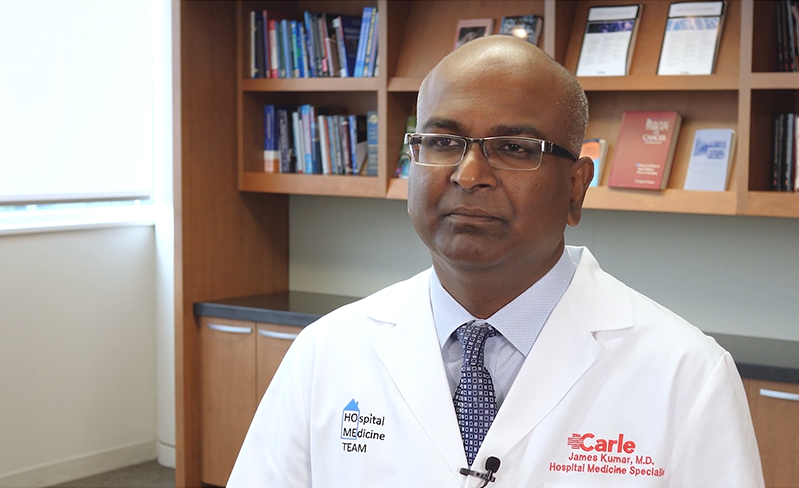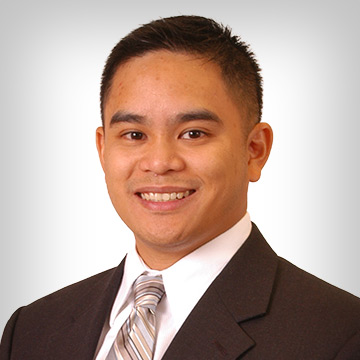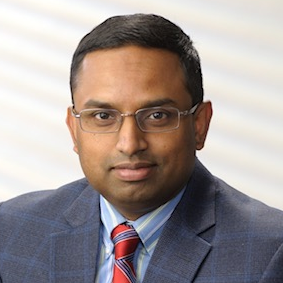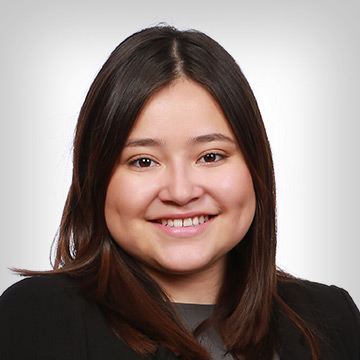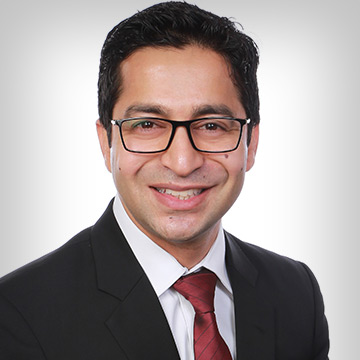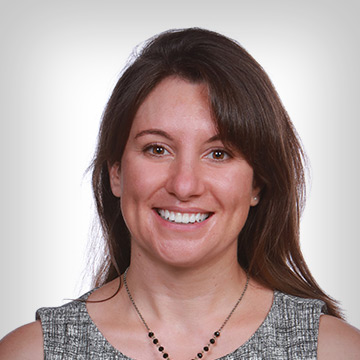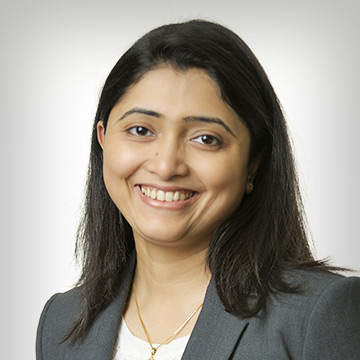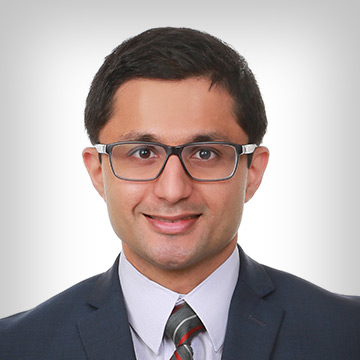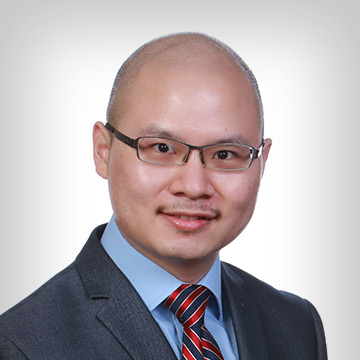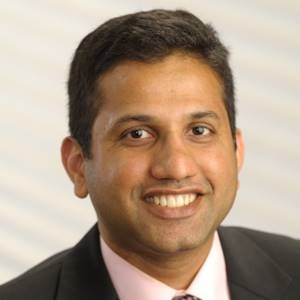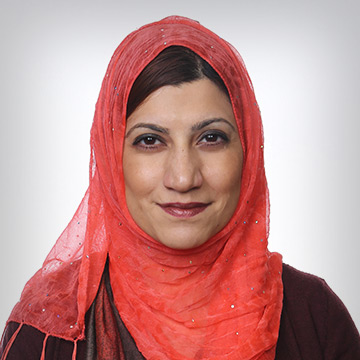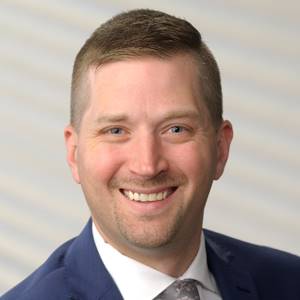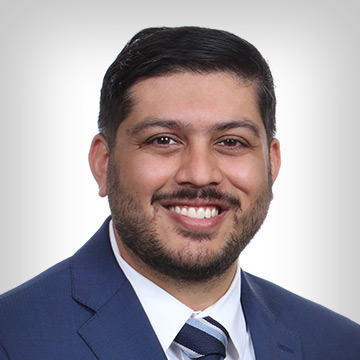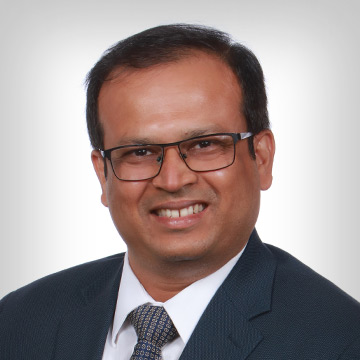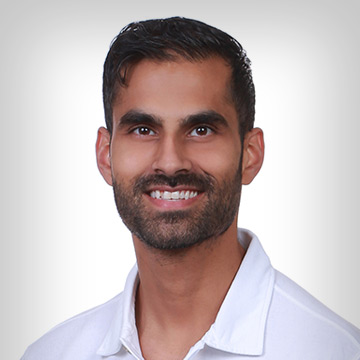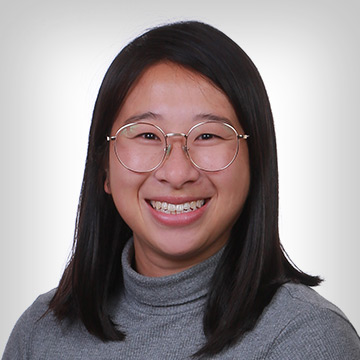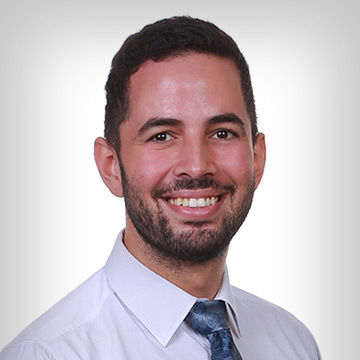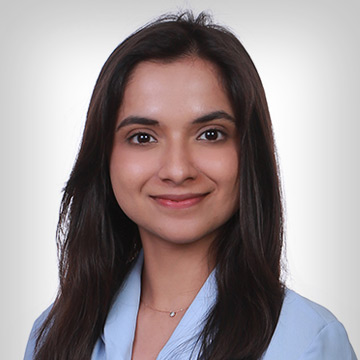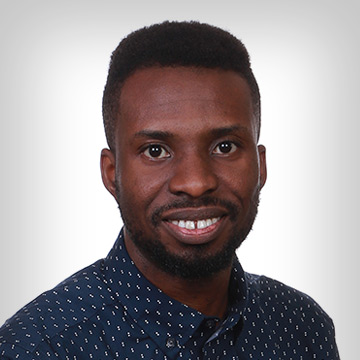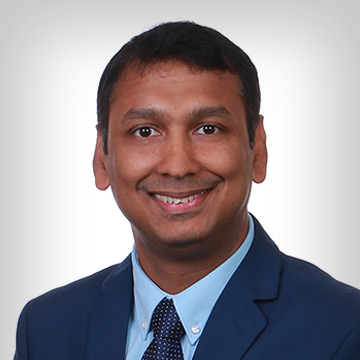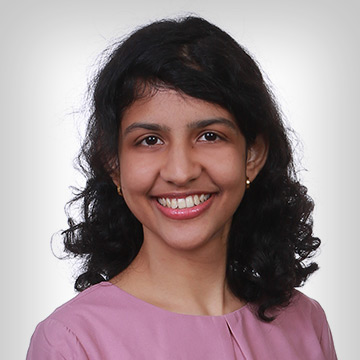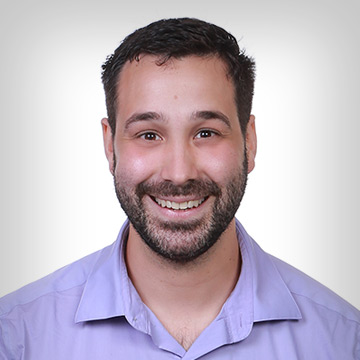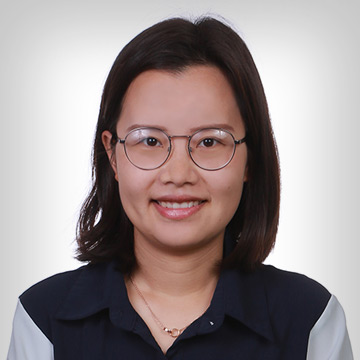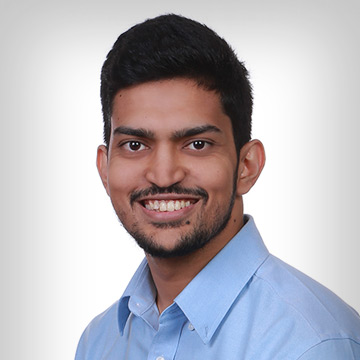Program Goals
Our mission is to train highly competent, professional, resident physicians with the knowledge, skills and attitudes needed to provide exceptional, compassionate, high quality, patient-centered care in internal medicine. We will train resident physicians to become internists who will:
- Demonstrate humane application of scientific knowledge.
- Practice lifelong self-directed learning.
- Utilize resources in a cost-effective manner.
- Deliver high quality care, responsive to needs of individuals and the community.
- Achieve highest standards of academic excellence and professional ethics.
The graduate will demonstrate the knowledge, skills, and attitudes necessary to provide independent patient-centered care in multiple delivery settings in the specialty of internal medicine. Competence will be demonstrated in the following domains described in detail in the Program Requirements of the Accreditation Council on Graduate Medical Education:
- Patient care.
- Medical knowledge.
- Practice-based learning and improvement.
- Interpersonal and communication skills.
- Professionalism and systems-based practice.
The program provides flexibility in curriculum focus to allow achievement of each trainee's individual learning needs:
- Ambulatory Primary Care - Focus on care in the ambulatory setting with responsibility to health promotion and to the diagnosis and management of complex, usually chronic disease.
- Hospitalist Physician - Principal interest is in the quality and safety and complex disease management in the acute-care environment.
- Traditional Internal Medicine - Interest in maintaining excellence in acute, chronic and extended-care settings and in consultation to other specialties, serving as expert in the continuum of care for complex medical disorders.
- Pre-Fellowship - Interest in further training in one of the subspecialties of internal medicine. Training is usually similar to the traditional internal medicine focus. Additional experience is in the chosen subspecialty or related fields.
- Academic Internal Medicine - Focus on careers in which significant time is dedicated to roles as clinician educators or clinical investigators.
Our program is dedicated to achieving excellence in patient care and distinction in scholarship and education. An emphasis is placed on learning by doing. Residents are constantly challenged to solve problems while being supported by Carle physicians and care teams.
Curriculum – Primary Care Track
Primary Care Track (1226140M0)
We have partnered with regional clinical partners to conduct a primary care track within the program. Two positions are open for applications each year.
Like the standard categorical track, this is a three-year internal medicine residency and graduates are ABIM board eligible in internal medicine at the end of their training. Residents in the primary care track are considered part of the internal medicine residency program with schedules that emphasize outpatient, community-based academic medicine. Residents spend significantly more time on chronic care, ambulatory internal medicine and ambulatory subspecialty rotations.
PGY-1
- Up to 3 blocks: Ambulatory specialties/IM subspecialties
- Up to 1 block: Intensive Care Unit
- Up to 7 blocks: Adult Medicine and inpatient rotations (includes night medicine and orientation)
PGY-2
- Up to 3 blocks: Ambulatory specialties, Geriatrics, and IM subspecialties
- Up to 2 blocks: Research, Quality Improvement and Ambulatory Medicine (with experience in addressing healthcare disparities)
- Up to 2 blocks: Intensive Care Unit
- Up to 5 blocks: Adult Medicine and medical subspecialties (includes night medicine and orientation)
PGY-3
- Up to 4 blocks: Emergency Medicine, Geriatrics and ambulatory specialties and IM subspecialties
- Up to 2 blocks: Ambulatory Medicine and directed learning
- Up to 1 block: Intensive Care Unit
- Up to 5 blocks: Adult Medicine and medical subspecialties (includes night medicine and orientation)
Longitudinal
- Continuity clinic at two sites with each resident managing a panel of patients as their Resident PCP.
Key Faculty
- Aimee Yu-Ballard, MD, PhD - Director
- · Michael Kuhlenschmidt, MD
- · Salma Malik, MD
- Pete Yunyongying, MD
Primary Care Track FAQs
How is the Primary Care Track different from the Categorical Track?
- Rotations in the outpatient setting; up to three additional blocks of outpatient medicine.
- Ambulatory opportunities (Convenient Care, Women's Health, Sports Medicine, IM subspecialty clinics).
- Home-based call experience for a large Adult Medicine/Geriatric practice (with attending supervision).
- Mentorship by Primary Care core faculty.
How is the Primary Care Track the same as the Categorical Track?
- Residents in the Primary Care Track are full and equal members of the Internal Medicine residency program and are eligible for ABIM Internal Medicine boards after successful completion of their residency. There will be no changes with reference to benefits and support.
Can I still go into a subspecialty or be a hospitalist if I do the Primary Care Track?
- The goal of this track is to train internists who are well prepared for careers in primary care as clinicians, educators and leaders in primary care field.
Can I apply to and rank both Categorical and Primary Care Tracks?
- Yes! Your application invitation will clearly specify the track you are being invited for. The number for the Primary Care Track in the NRMP will be provided during interviews.
Curriculum – ABIM Research Path
Categorical - ABIM Research Path (1226140C1)
We have partnered with the Carle Illinois College of Medicine to conduct the American Board of Internal Medicine Research Path within the internal medicine residency program. One position is open for applications each year.
This is a five-year internal medicine residency and graduates are ABIM board eligible in internal medicine during their PGY-5 year. Please refer to the ABIM Research Pathways Policies and Requirements for pathway specifics. Applicants who want to be considered for ABIM Research Path should possess a graduate degree (or equivalent) in research.
Internal Medicine training – Up to 28 blocks
Research training (80%) – Up to 32 blocks
Clinical training during research (20%) – 1 day per week
Total training – 5 years
Internal Medicine board exam – August, PGY-5
PGY-1
- Up to 3 blocks: Medical subspecialties/Research electives
- Up to 2 blocks: Intensive Care Unit
- Up to 7 blocks: Adult Medicine and inpatient medical subspecialties (includes night medicine and orientation)
PGY-2 through 5
- Up to 16 blocks: Adult Medicine, Intensive Care, medical subspecialties - Consult and Ambulatory Medicine (with experience in addressing healthcare disparities)
- Up to 32 blocks: Mentored research (80%), Adult Medicine (20%, with half day continuity clinic and two call shifts per block)
Longitudinal
- Continuity clinic with each resident managing a panel of patients as their Resident PCP.
Faculty
- Kingsley Onyemere, MD, MPH – Director
- Issam Moussa, MD, MBA
- Karen White, MD, PhD
- Aimee Yu-Ballard, MD
Conferences and Educational Events
- Noon conferences
- Clinical Pathological Correlation Conference (CME)
- Resident Report
- Subspecialty conferences (inpatient and ambulatory)
- Quality Review Conference
- Career Guidance Retreat
- Residents as Teachers Retreat
- Infectious Disease Conferences (CME)
- Digestive Health Conference
- Internal Medicine Grand Rounds (CME)
- Cardiology Grand Rounds (CME)
- Journal Club (CME)
- Annual Oral Vignette Competition
- Annual Quality Improvement Forum
- Annual Multi-station OSCE
Other Conferences / Educational Events
- Bioethics Seminar
- Palliative Medicine Journal Club
- Annual Cardiology Update for Primary Care
- Digestive Diseases Update
- Regional Diabetes Update
- Carle Foundation Day
- Carle Illinois College of Medicine Health Innovation Research Day
- Simulation lab
- In-training exam (ACP-IM)
- Daily teaching rounds
Diversity and Inclusion
Mission: Promoting a diverse and inclusive environment encouraging personal growth and the ability to help patients and members thrive.
Our Residents: Our program feels strongly that diversity is critical to creating an environment of truly collaborative learning and teamwork. Our view of diversity includes: race/ethnicity, religion, gender identity, age, sexual orientation, physical abilities, and socioeconomic status. As we care for a diverse patient population, we believe cultural competence is necessary to deliver the best possible care for patients.
Carle Health is committed to providing world-class care and services to the communities we serve through empathy and inclusion. Residents provide advisory support to the residency leadership to help instill a culture of acceptance by establishing a clear strategy for improving the cultural awareness of the residency program. The We CARE - Cultural Awareness in Resident's Education project secured the 2022 ACGME Back to Bedside grant.
Our Patients: Residents care for a diverse panel of patients as Carle Foundation Hospital is a regional referral center for several counties in central Illinois. Champaign-Urbana is a cultural melting pot right in the middle of Illinois. It has the one of the highest number of international students of all public universities in the United States. You’ll find an abundance of international markets, ethnic restaurants, cultural centers, diverse houses of worship and multicultural media outlets here. Champaign-Urbana, an open and welcoming community, is home to 24,000 immigrants from nearly 80 countries around the world.
D&I Mini-Journal Club: The Diversity and Inclusion Mini-Journal Club was created to engage with the resident community at all levels on topics of equity, inclusion and diversity in a small group setting. It also provides a venue to address the needs of our community and discuss meaningful steps we can take to make the program more welcoming and inclusive. The D&I mini-journal club happens once every month. Some of the articles that have been discussed recently include:
